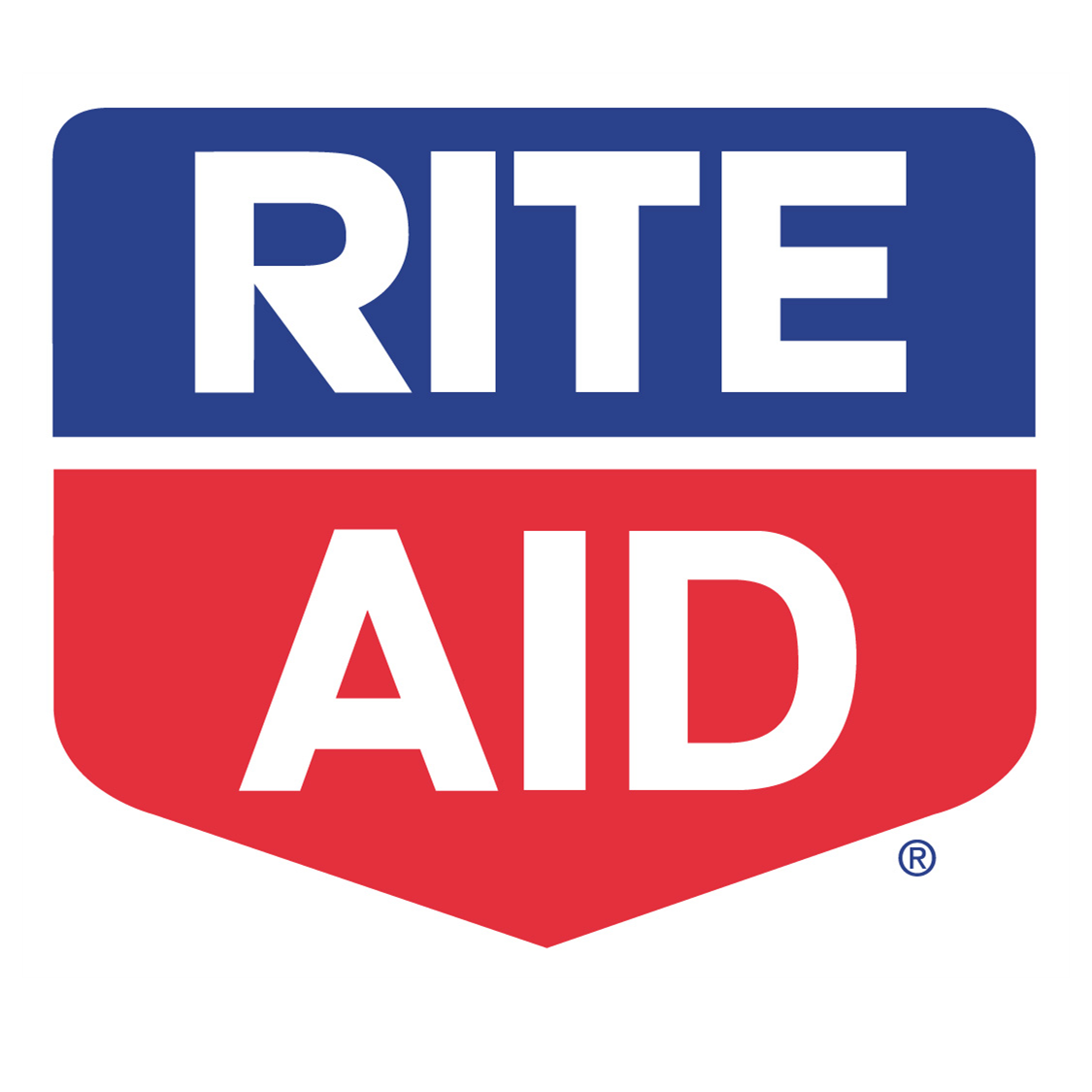Retail
Rite Aid Gets to Govern Itself Now Without Coutu Insiders
Published:
Last Updated:
Rite Aid Corp. (NYSE: RAD) has been under serious influence of The Jean Coutu Group since 2007. That is coming to an end. The turnaround drug store chain said that a recent share sale will remove François J. Coutu from the board of directors effective as of October 31, 2013. Rite Aid’s ties to PJC date back to 2007 before the recession, and the recent share sale from that group effectively took the holders under a 5% ownership threshold.
With a recent share price of $2.98, the 52-week trading range is $0.95 to $3.21 and the consensus analyst stock price target is very close to the current price at $2.89. Its market value is still only $2.7 billion.
The 2007 transaction was where the Brooks and Eckerd drugstore chains were purchased from Coutu for some $2.36 billion in cash and some 250 million share of Rite Aid stock. What was different about then versus the dog days since the recession and even now is that Rite Aid’s stock price was north of $6 back in June of 2007.
Coutu has been selling shares, for what appears to be at a deep discount to its prior entry price, for a while now. What is different about this sale versus others is that this allows Rite Aid to govern itself again. Maybe that means just governing itself “within its debt covenants” in corporate governance terms, but it is still more free to do what it chooses to do now.
Rite Aid’s SEC Filing said,
On June 4, 2007, the Issuer completed its acquisition (the “Acquisition”) of the Brooks and Eckerd drugstore chains from PJC. Pursuant to the terms of the Acquisition, the Issuer paid approximately $2.36 billion in cash, and issued 250,000,000 shares of Common Stock of the Issuer to PJC. The shares of Common Stock have been held by PJC for investment purposes since the completion of the Acquisition.
On July 17, 2013, PJC transmitted a Form 144 (the “Form 144”) with the SEC disclosing its intent to sell up to 65,401,162 shares of Common Stock of the Issuer in open market transactions. On July 17, 2013, PJC sold 3,950,000 shares of Common Stock of the Issuer and, on July 18, 2013, 2013, PJC sold 61,451,162 shares of Common Stock of the Issuer in brokered transactions pursuant to Rule 144 (collectively, the “Sale”). PJC determined to dispose of its shares of Common Stock of the Issuer based on market conditions at the time of the Sale.
Section 3.1(c)(iv) of the Stockholder Agreement, dated as of August 23, 2006 (the “Stockholder Agreement”), among the Issuer, PJC and certain members of the Coutu family provides that if at any time PJC’s beneficial ownership of Common Stock of the Issuer falls below 5%, then PJC will cause all remaining members of the Board of Directors of the Issuer that have been designated by PJC pursuant to the Stockholders Agreement to immediately resign. As a result of the Sale, PJC’s beneficial ownership of Common Stock of the Issuer fell below this threshold. As agreed with the Issuer, on July 19, 2013, François J. Coutu resigned from the Board of Directors of the Issuer effective October 31, 2013.
As long as Rite Aid can run the company the way its existing management team sees fit, it might be able to do so without having to worry about whether or not it is under an investment recapture plan by a large insider. That being said, now investors will really get to find out if the team in place is going to be able to keep this turnaround alive and thriving. The verdict is still out on the matter.
Are you ready for retirement? Planning for retirement can be overwhelming, that’s why it could be a good idea to speak to a fiduciary financial advisor about your goals today.
Start by taking this retirement quiz right here from SmartAsset that will match you with up to 3 financial advisors that serve your area and beyond in 5 minutes. Smart Asset is now matching over 50,000 people a month.
Click here now to get started.
Thank you for reading! Have some feedback for us?
Contact the 24/7 Wall St. editorial team.